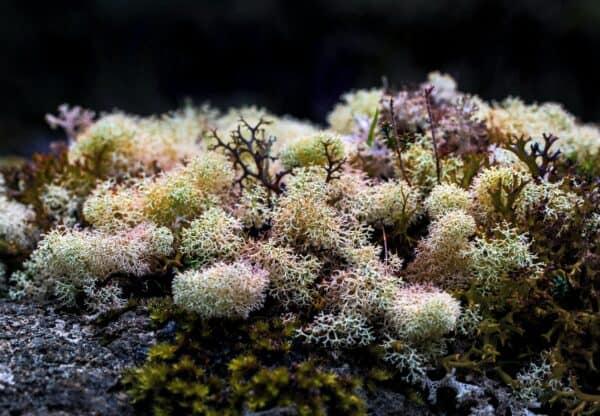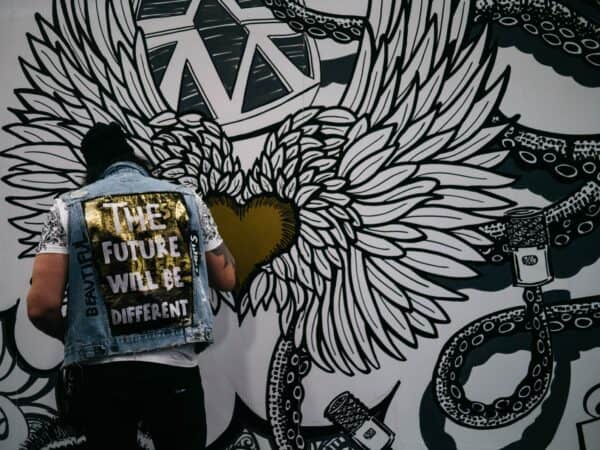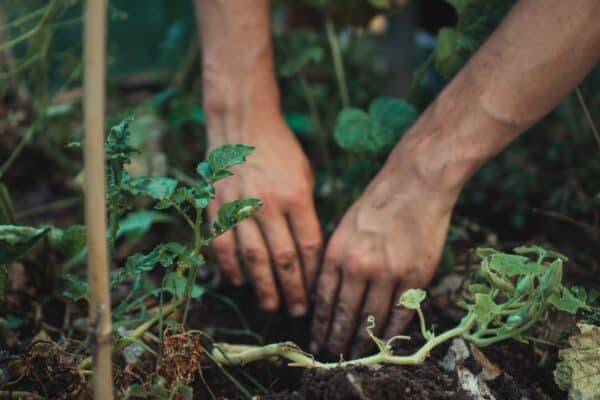Recently I shared about STRIVING and how it’s a symptom of our separation from our innate sense of wholeness.
It is this separation that leads us to over-work and give, please, prove, perfect and seek validation from the outside-in. We rescue and fix and carry the weight of the world on our shoulders. We do good to be good, believing that we must prove that we are worthy of belonging to life.
“But hang on a minute!” you might say.
“What about making a positive contribution? What about all this talk of purpose and legacy and making a difference?”
Great questions!
Striving & making a positive contribution are not the same thing. They come from entirely different places inside of us:
Whereas striving leads us to burn-out and depletion, making a positive contribution enables us to feel contented and energised.
When we are unsure of the difference between striving and making a positive contribution, chances are that we are looking for wholeness in all the wrong places.
Chances are that in the name of activating, making, creating, organising and holding space for change in the world, we are trying to fix on the outside what feels broken and ‘un-whole’ on the inside.
Striving is a function of our separation to our own innate abundant Nature. A symptom of having forgotten that we are worthy of thriving just because we exist. Without needing to earn our right to be here. It makes us believe in and live by ‘more’ and ‘never enough’.
Striving comes from a place of lack within us. It makes us search for wholeness outside of ourselves. We look for external validation of our goodness. We prove, please, over-give, perfect and rescue as a result.
Many changemakers perpetuate the very patterns they seek to interrupt, heal or shift. Many of us devoted to a vision of a thriving world, find it difficult to look after ourselves well, set healthy boundaries and allow ourselves to embrace the things we wish for others and the planet.
Striving eventually stops us in our tracks through exhaustion, burn out or a feeling of emptiness. This is an invitation to turn inwards and begin our journey home to knowing our innate wholeness.
We sometimes experience this as a remembrance.
This is where walking our talk and integrity begins.
When we come to see ourselves as a unique and beautiful living system part of the greater web of life, neither less than or more than anything or anyone else, worthy of love and belonging just because we exist, without needing to earn our right to be here, we set ourselves free.
“When I see me, I am free”.
It is from a place of greater wholeness within us that our creative life-force energy can flow freely.
We feel abundant inside, connected to a sense of purpose simply because we are alive.
We come to remember that that joy and play and pleasure is intrinsic to being human. We allow our lives and our work to be an ode to life, a celebration of our existence in the greater web of everything and everyone. We allow ourselves to thrive and embrace ease in our service as changemakers.
This is where changemakership, inside-out begins: it invites us to say ‘no more’ to striving and yes to making a positive contribution, from a place of greater wholeness.








